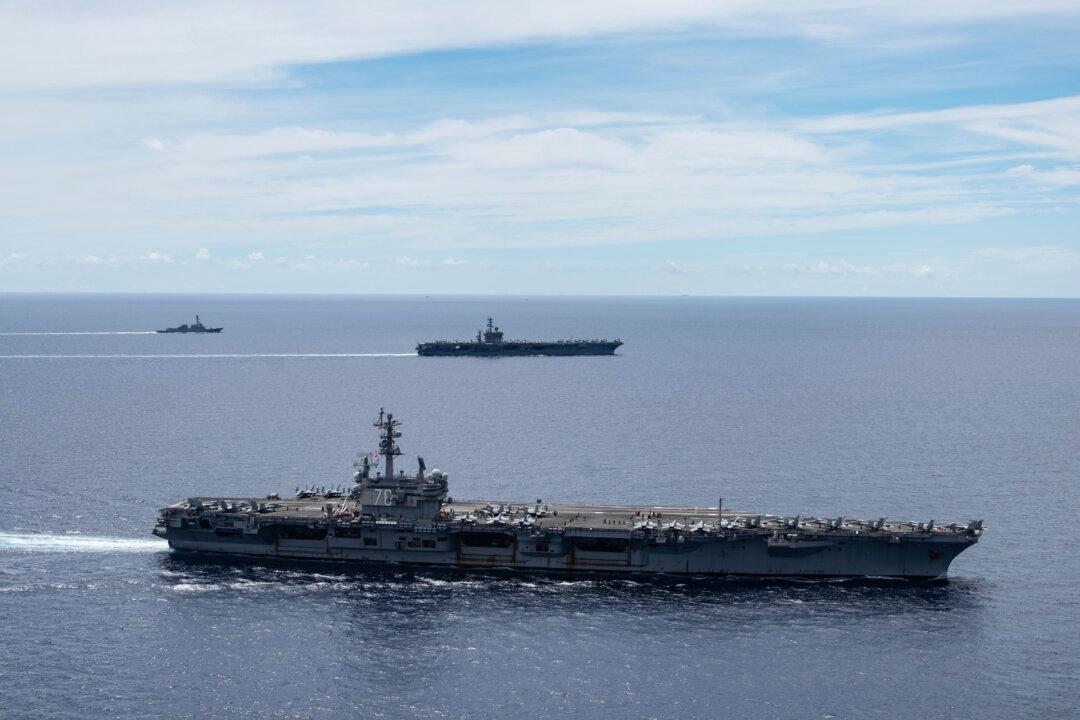The United States on July 13 formally rejected nearly all of Beijing’s major territorial claims in the South China Sea, as the Trump administration dials up its response to threats posed by the Chinese Communist Party.
“Beijing’s claims to offshore resources across most of the South China Sea are completely unlawful, as is its campaign of bullying to control them,” Secretary of State Mike Pompeo said in a statement.





